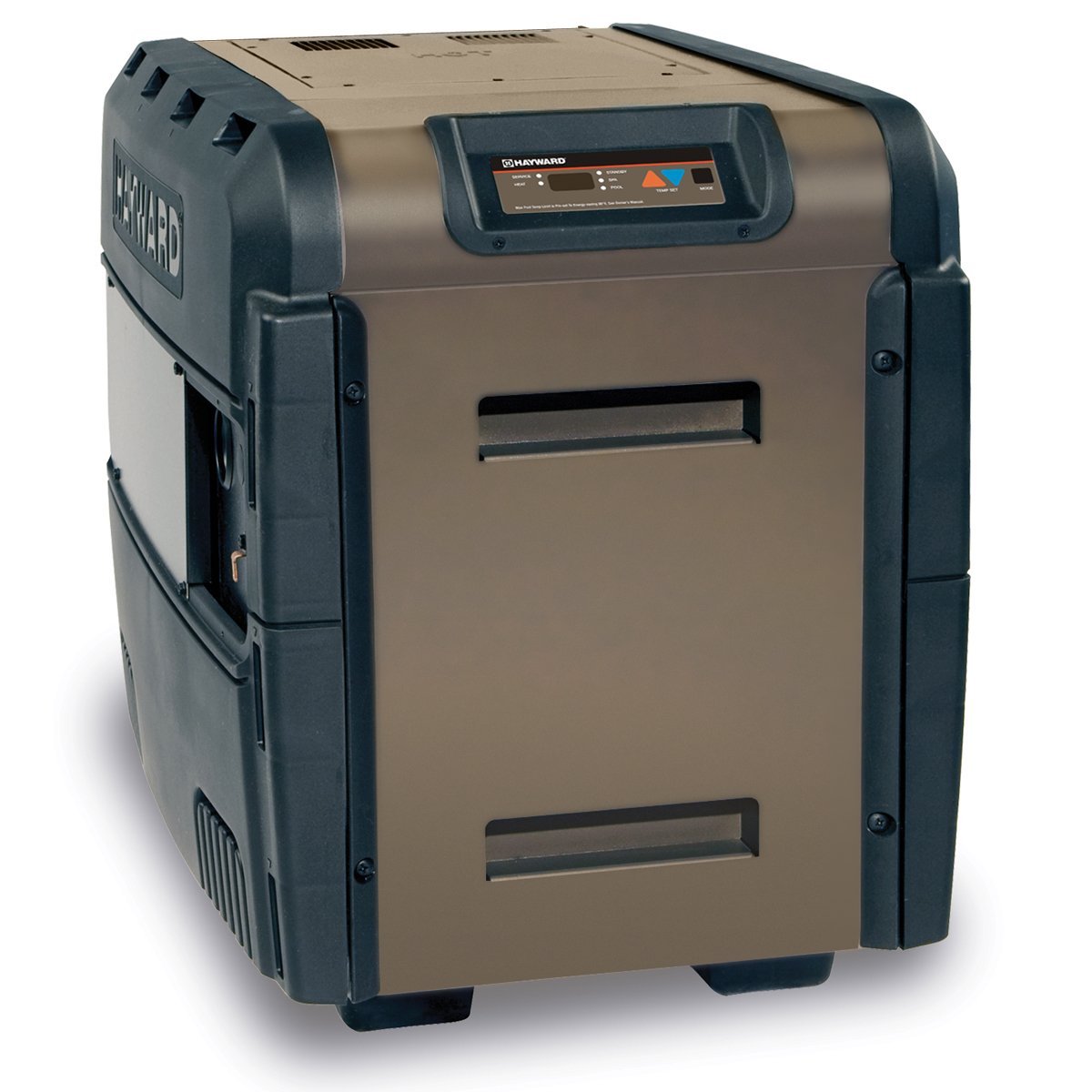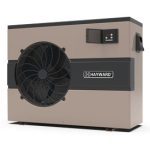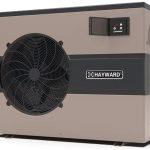
Warm Waters Await: Navigating the World of Pool Heaters
Dive into warm, welcoming waters even when the temperature drops. But with an array of pool heaters on the market, how does one pick the perfect match? Whether you’re aiming for an extended swimming season or simply seeking more comfortable waters, here’s a guide to making the best choice for your pool heating needs.
1. Gas Heaters:
Fueled by propane or natural gas, these heaters are popular for their rapid heating capacity.
- Pros:
- Quick heating, perfect for weekend use or sporadic swimming sessions.
- Suitable for larger pools.
- Cons:
- May have higher operational costs due to fluctuating gas prices.
- Requires a gas line, which might not be feasible for all setups.
2. Electric Resistance Heaters:
These heaters use electric currents to warm the water, offering an alternative for pools where gas isn’t an option.
- Pros:
- Doesn’t depend on outside temperatures.
- No emissions, making them eco-friendlier.
- Cons:
- High operational costs, as they consume a lot of electricity.
- Might need a hefty electrical setup.
3. Heat Pumps (Air-source and Water-source):
Extracting heat from the air or groundwater, these pumps are efficient but depend on the environment.
- Pros:
- Energy-efficient, leading to lower monthly costs.
- Long lifespan (can last up to 20 years with proper maintenance).
- Cons:
- Initial investment is high.
- Air-source pumps rely on air temperature, making them less effective in colder climates.
4. Solar Heaters:
Harnessing the power of the sun, solar heaters circulate pool water through solar collectors, warming it in the process.
- Pros:
- Extremely eco-friendly with minimal operational costs.
- Sustainable and reduces carbon footprint.
- Cons:
- Efficiency depends on sunlight exposure; not ideal for overcast regions.
- Requires large solar panels, which might not suit every property.
5. Pool Heat Covers:
Though not a heater in the traditional sense, these covers trap heat and reduce evaporation, acting as a complementary system.
- Pros:
- Cost-effective method to retain heat.
- Reduces evaporation, saving on water costs.
- Cons:
- Not a primary source of heat.
- Manual effort required to place and remove.
Conclusion:
Choosing the right pool heater can feel like navigating choppy waters, but with knowledge on your side, you can make an informed decision. Consider factors like your location, pool size, and budget. Remember, the perfect pool temperature is not just about comfort—it can extend your swimming season, increase property value, and offer endless warm memories. Dive in with confidence, knowing you’ve made the right choice!




